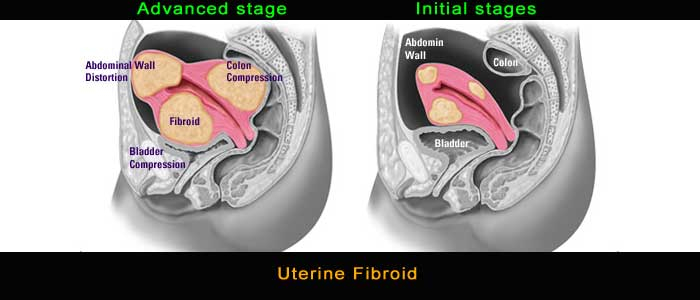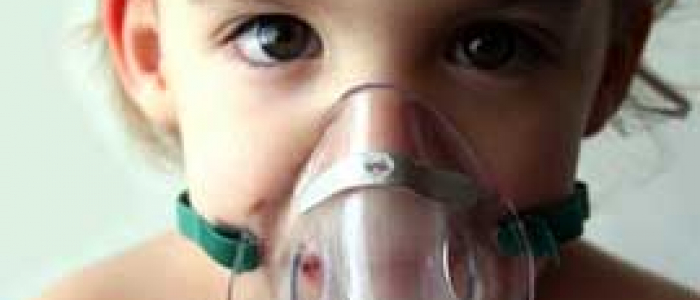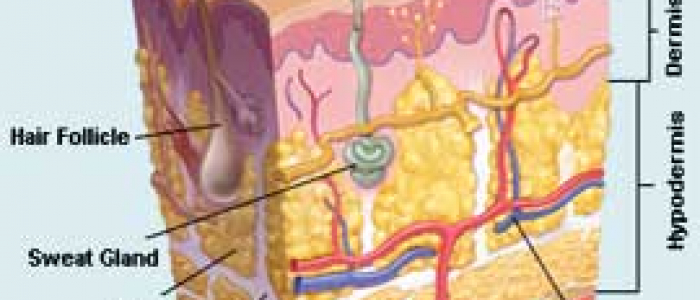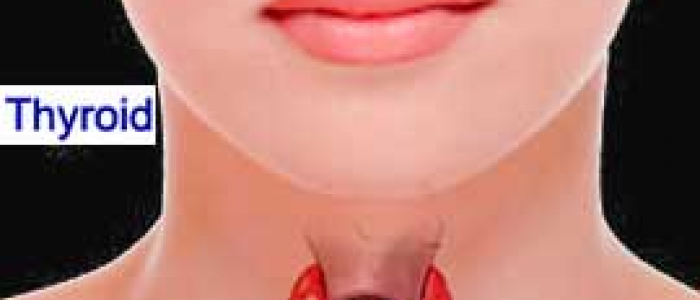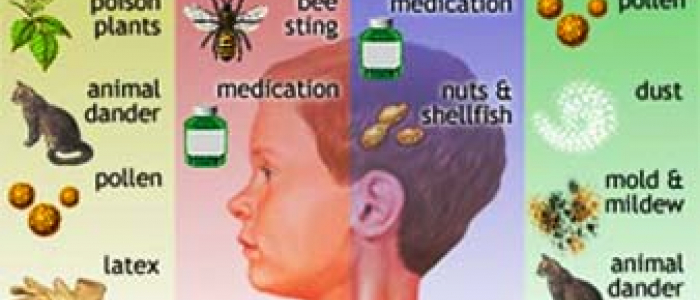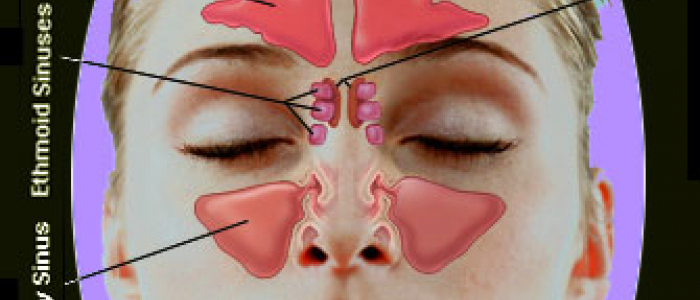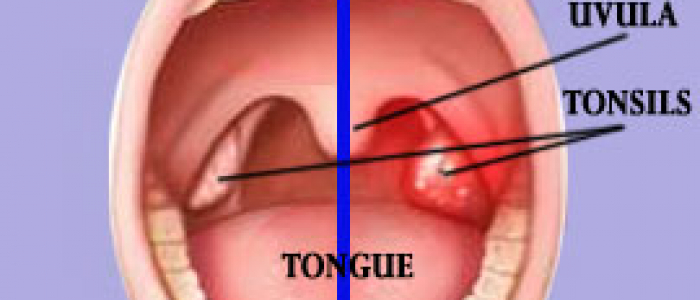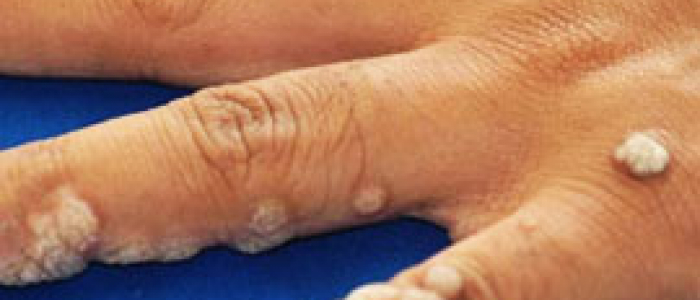
Common drug treatments for sinus infections -- antibiotics and steroid nasal sprays -- seem to be little better than doing nothing at all, British researchers said.
"Wide-scale overtreatment is likely occurring" because there is no proof many of these infections are bacterial in nature, Dr. Ian Williamson of the University of Southampton and colleagues wrote in their report.
Antibiotics are useless against viruses, a common cause of sinus infections, and their overuse can lead to the development of drug-resistant bacteria.
The findings, published in this week's Journal of the American Medical Association, came from a study of 240 adults with sinus infections between 2001 and 2005.
Some of them were treated with the antibiotic amoxicillin and a nasal spray using the steroid budesonide in each nostril, others got one of those two drugs plus an inert placebo and a third group got two placebos.
After 10 days, 29 percent of those who got the antibiotic still had symptoms compared to 33 percent who did not get that drug, and 31 percent who got the spray were still having problems compared to 31 percent who did not receive it.
The report said the nasal spray did seem to help patients who had less severe symptoms to start with.
"Our main conclusions are that among patients with the typical features of acute bacterial sinusitis, ne
ither an antibiotic nor a topical steroid alone or in combination are effective in altering the symptom severity, the duration, or the natural history of the condition," the researchers wrote.
"Topical steroids are likely to be effective in those with such features but who have less severe symptoms ..." they added.
Even though there is uncertainty about antibiotic use for sinus problems, prescription rates for such drugs for sinus treatment remain as high as 92 percent in the United Kingdom and 85 percent to 98 percent in the United States and are only slightly lower in Norway and Holland, the researchers said.
On top of that patients seem to think that antibiotics are the way to go when it comes to sinus ills, they added.
In a commentary in the same issue, Dr. Morten Lindbaek of Norway's University of Oslo said some studies indicate that telling patients to wait a week or so before a prescription can be filled seems to be one good approach as many patients wind up feeling better and not filling the prescriptions.
"Most patients with acute purulent (with pus) sinusitis recover without antibiotic treatment," he wrote. But in a few cases patients suffering from fever, malaise and general deterioration may still need antibiotics, he added.
In general though, he said, "cautious use of antibiotics in the general practice setting for patients with sinusitis is warranted." (Reporting by Michael Conlon; editing by Maggie Fox and Eric Beech)
Read the full Reuters report here


